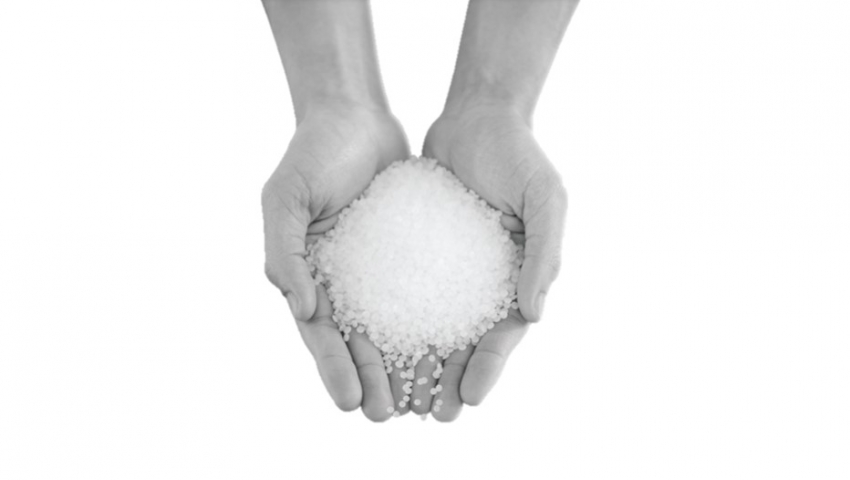
11 Jun 5 Creative Ideas for Sustainable Waste Management
Although the waste management problems remain another global environmental challenge, the efforts to devise and develop solutions for efficient waste management are still ongoing.
As a leading company in the region, SCG has focused on sustainable development and integrated circular economy in business activities. We put together up-and-coming waste management solutions to keep an eye on in 2021.
Inside out: SCG Waste Management Project
Bang Sue Model is SCG’s internal waste management project initiated to reflect resource efficiency concept and enhance waste management practices of different waste types to ensure a proper circular value chain. The model is a crucial mechanism driven to establish the infrastructure to support closed-loop waste management and recycling system on top of instilling a green mindset of “Resource Maximization, Correct Sorting, Proper Disposal” among employees.
The internal project’s success has expanded to Map Ta Phut communities in Rayong province under the project Waste-free Community, a project that engages local units of home, school, temple, and waste bank to bring about resource management and waste management at source practice. The project has the aim to increase recycling and reduce landfills. The community leaders are equipped by SCG expert teams with knowledge and tasked to educate community members. This also includes establishing learning-based stations in schools to instill a resource efficiency mindset based on the circular economy principles among students through hands-on activities. The project aims to encourage young people to embrace the concept “Resource Maximization, Correct Sorting, Proper Disposal” and hope such implementation will pass on to families and communities.
Since its start in 2019, the project attracted the participation of 25 communities and established ten local waste banks to collect recyclable materials. The project has 2,697 users engaged in the Koomkah application with an astonishing recyclable material balance in the system of over 100 tons, worth 230,000 Baht. (The data collected from April 2019 to December 2020) The number of recyclable materials collected and logged in the system has saved 73,442 kilograms of carbon dioxide equivalent. SCG aims to include more communities and households in the project to advance Rayong province toward a waste-free city in the future.
Making Waste Separation Fun
Most people acknowledge that waste separation is a crucial step toward circularity. But only a few come up with the idea to make such an activity fun. TOMRA, a Norwegian collection and sorting machine manufacturer, invented reverse vending machines — known as VRMs – to offer reward points in exchange for recyclable materials.
To date, over 84,000 reverse vending machines have helped capture over 40 billion used plastic items across the world each year.
Unlocking the Value of Plastic Waste for the Community
ASASE Foundation in Accra, Ghana, also introduces a project to promote plastic waste sorting and reuse. The foundation members, who are local people, come together to collect, wash, and dry plastic waste. These plastic items will be re-grinded and sold to recyclers.
The initiative is excellently received by local people, and it has been supported by Alliance to End Plastic Waste (AEPW), a non-profit organization that brings together companies throughout the plastic value chain which SCG is a co-founding member. The project can ramp up processing capacity from 35 tons of plastic waste in 2019 up to 500 tons in 2020. The foundation sets an ambitious target of recycling 2,000 tons of plastic by the end of this year, aside from further expansion to other cities in the country. Watch the ASASE Foundation’s video here: https://bit.ly/39wwtZo
Turning Waste into Housing
Plastic is rigid, light, cheap, and moldable: all desirable properties favorably made for building materials. Upcycle Africa is another project that promotes effective waste management in Uganda by transforming plastic waste into building materials. Since the beginning of the project, over 3 million plastic items have been repurposed and transformed into 117 affordable homes.
And in this midyear, the enterprise plans to pilot another project by converting plastic waste into fuel oil. The goal is to find another effective way to turn plastic waste unsuitable for building materials into something else meaningful.
Intercepting Plastic Before It Reaches Ocean
Jembrana Regency in Bali is known for its natural beauty. However, it has been struck by limited access to waste management systems which led to plastic waste being illegally dumped, buried, or burned in the area.
Project STOP Jembrana was initiated to maintain its magnificence. It constructed a local management system where the waste is collected weekly and delivered to a recycling facility. The system helps catch about 2,200 tons of plastic waste every year, preventing it from leaking into the environment. The team is carrying out a feasibility study to see if the model could be scaled up to capture plastic waste across Indonesia.
ที่มา: https://www.scgchemicals.com/th/news-media/feature-story/detail/103?fbclid=IwAR1X6f28B815QLGsw9ALdaVAZKJS4KyDj6KtGuvtN1hAtM5zBCxdNSCKMbM
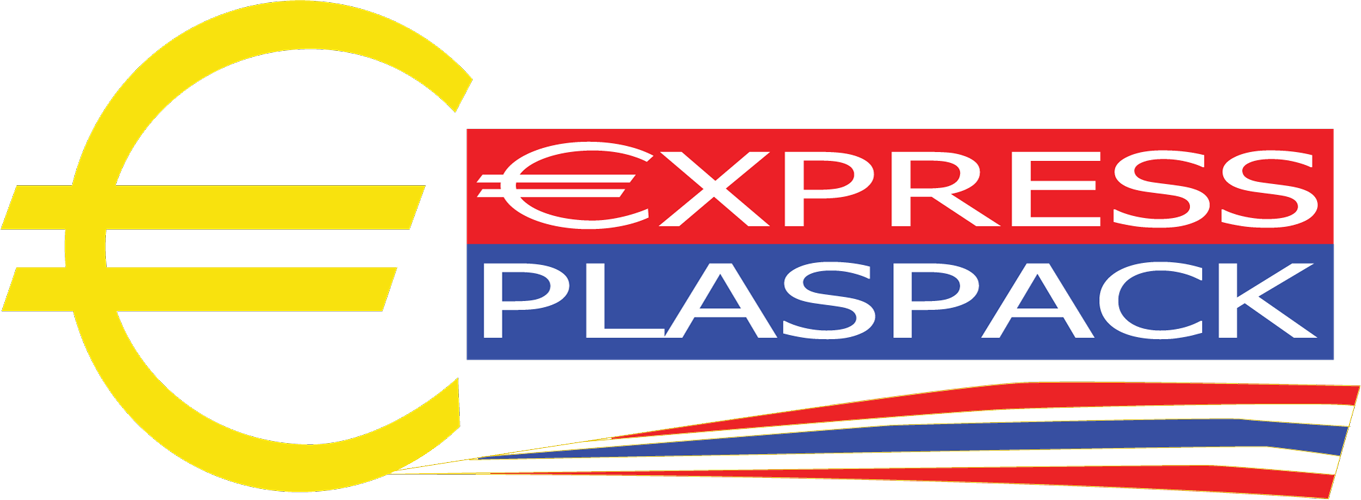


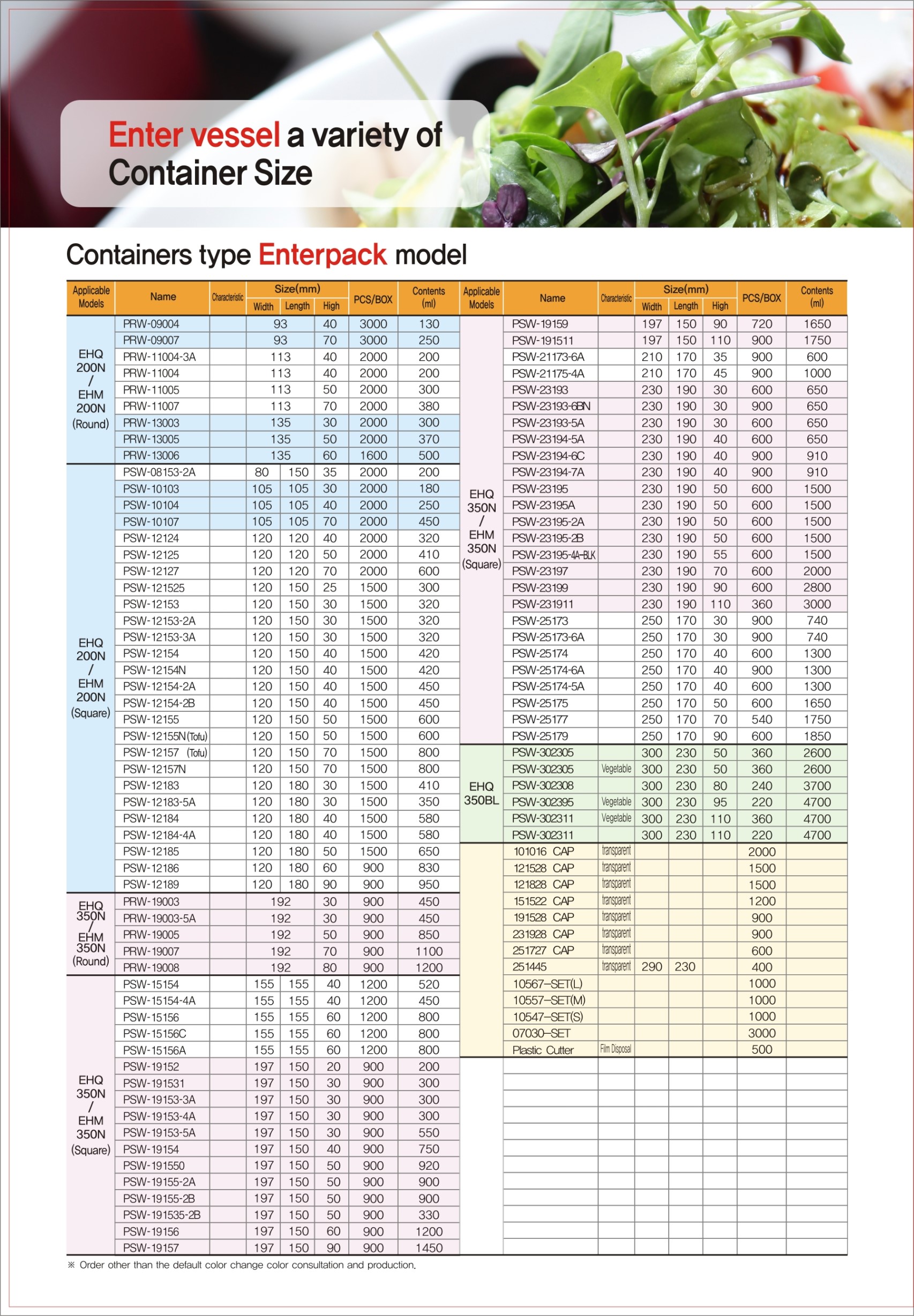
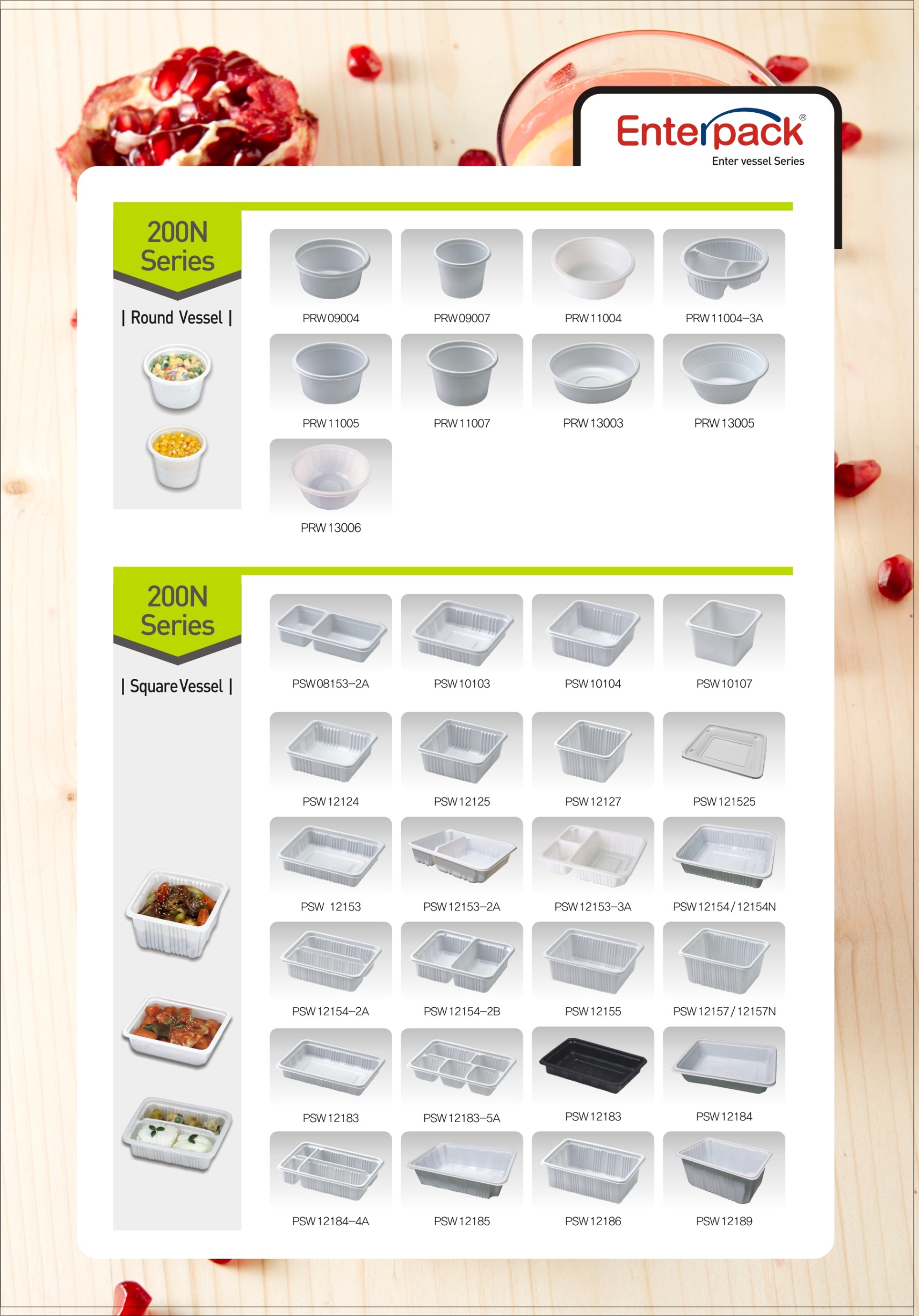
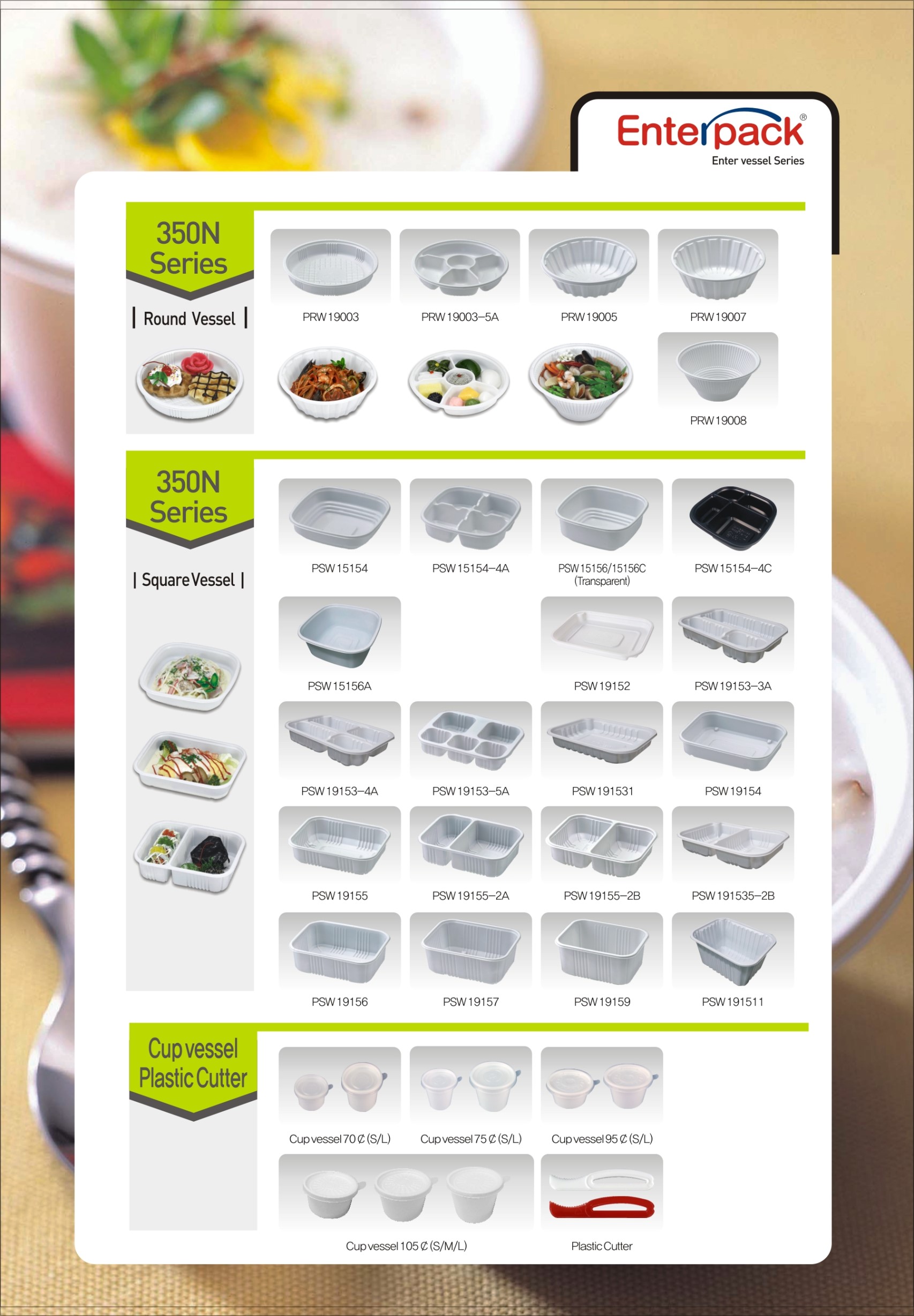
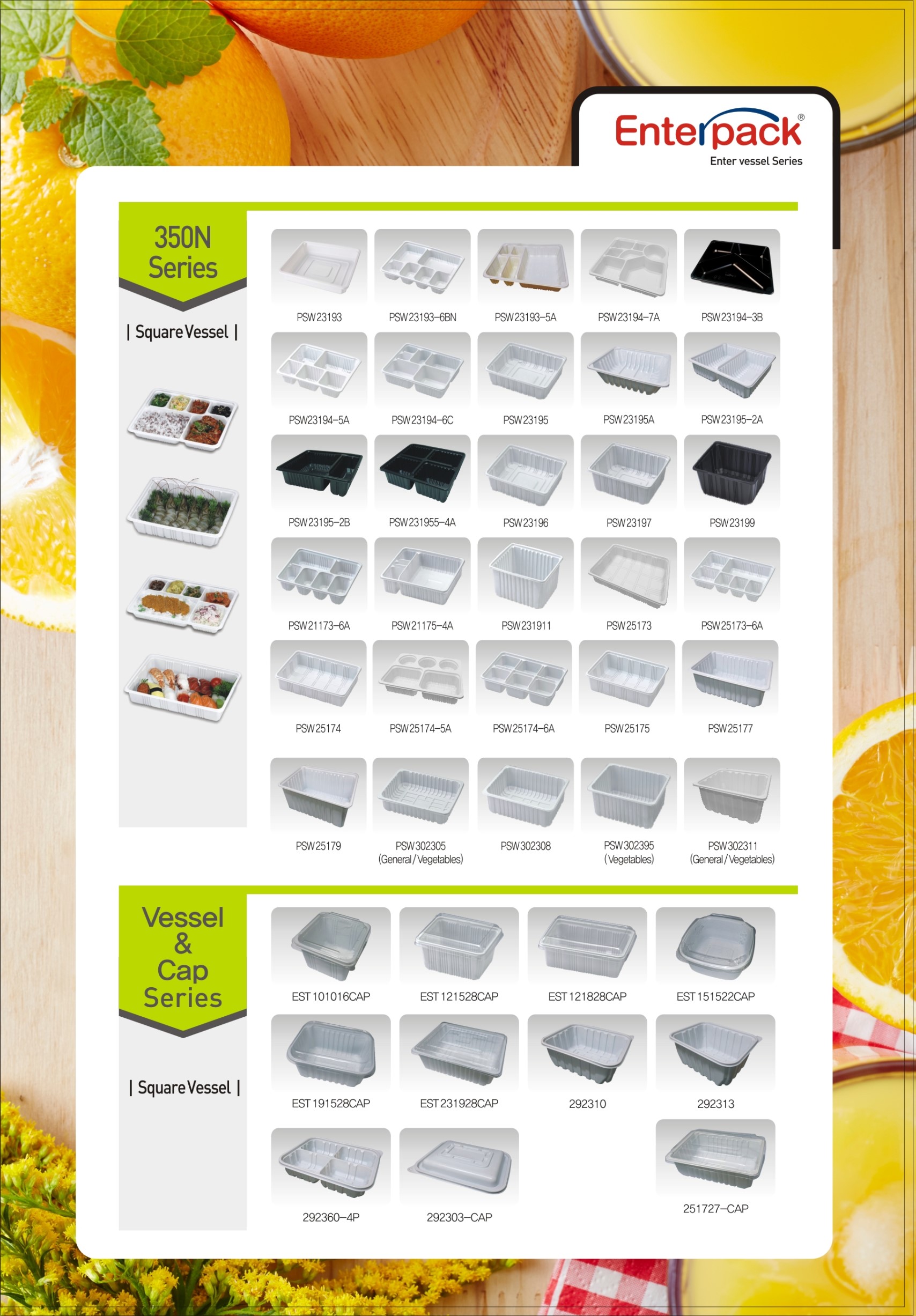



Sorry, the comment form is closed at this time.